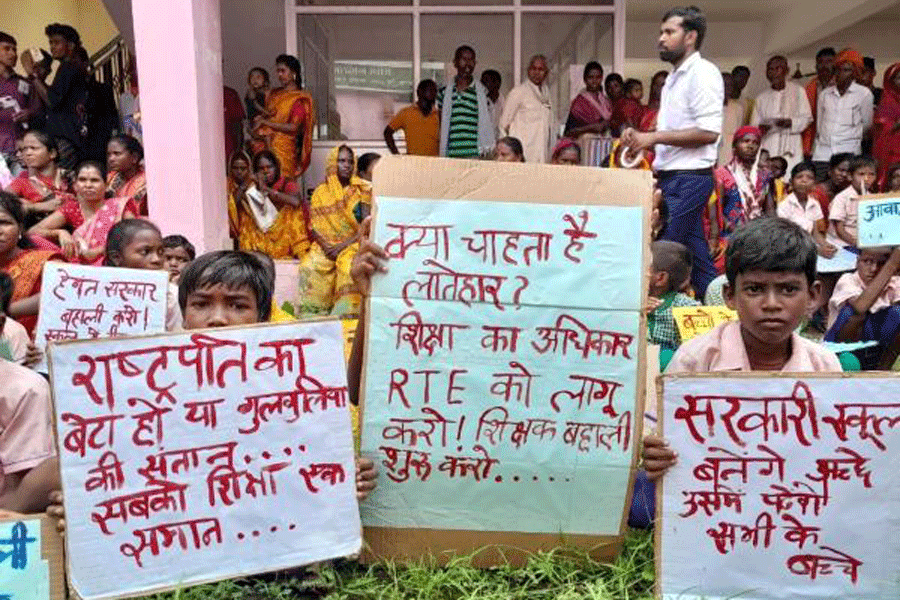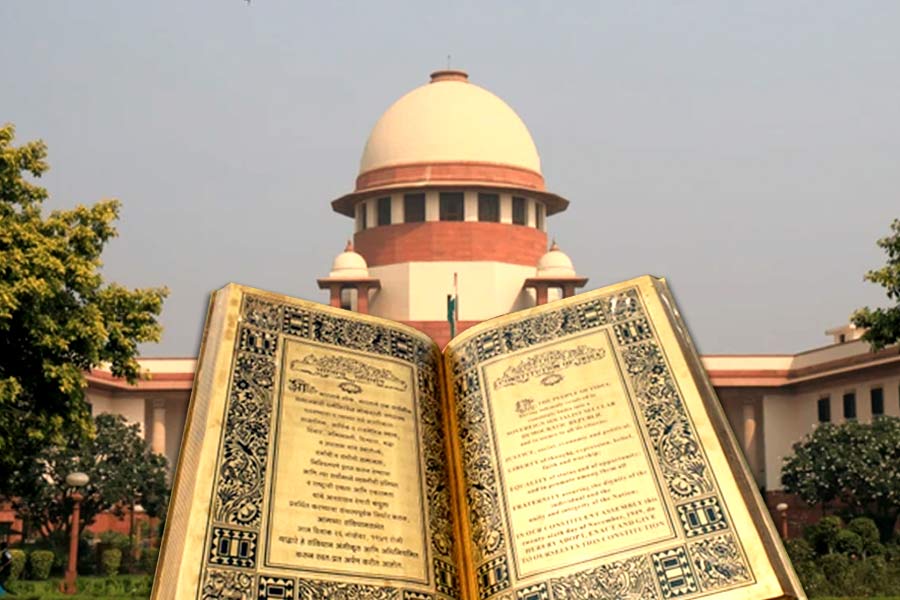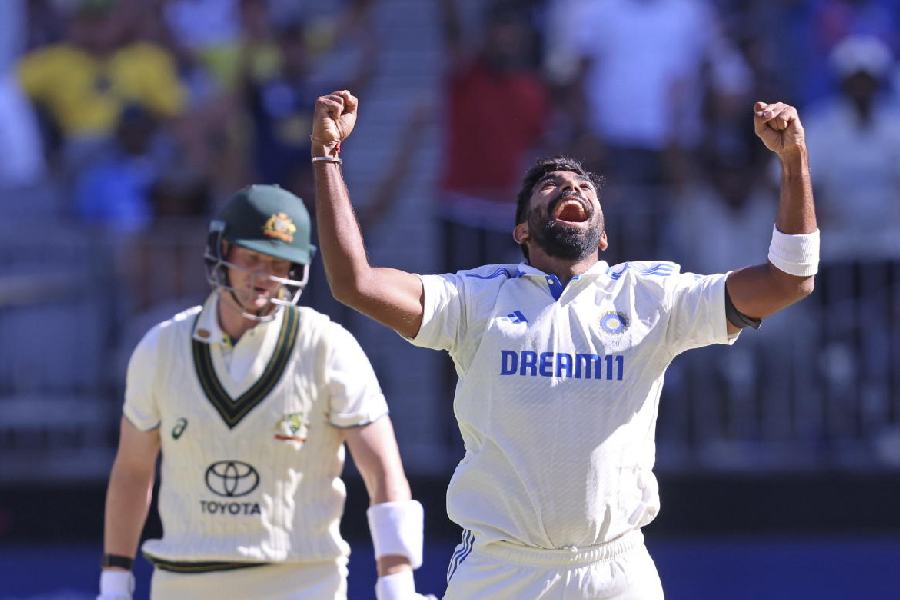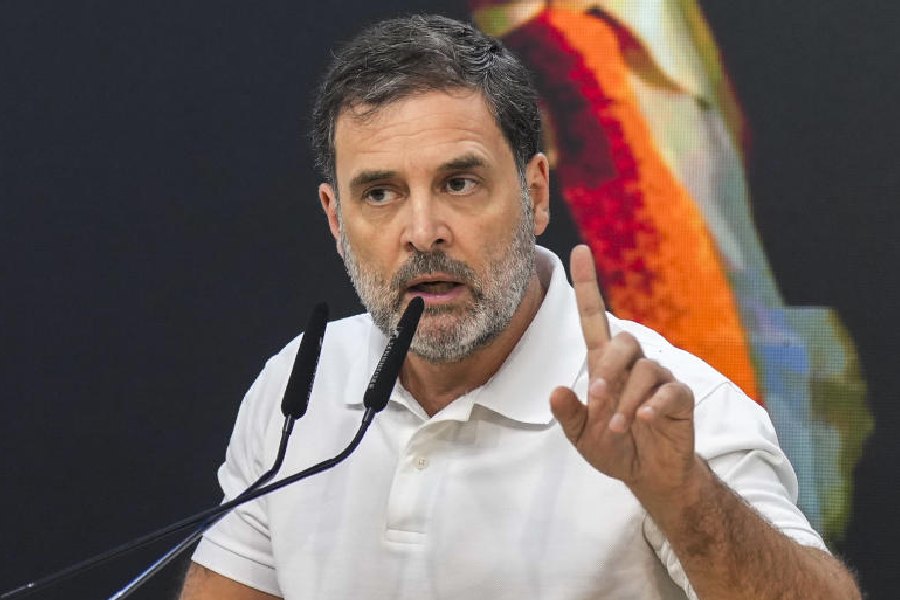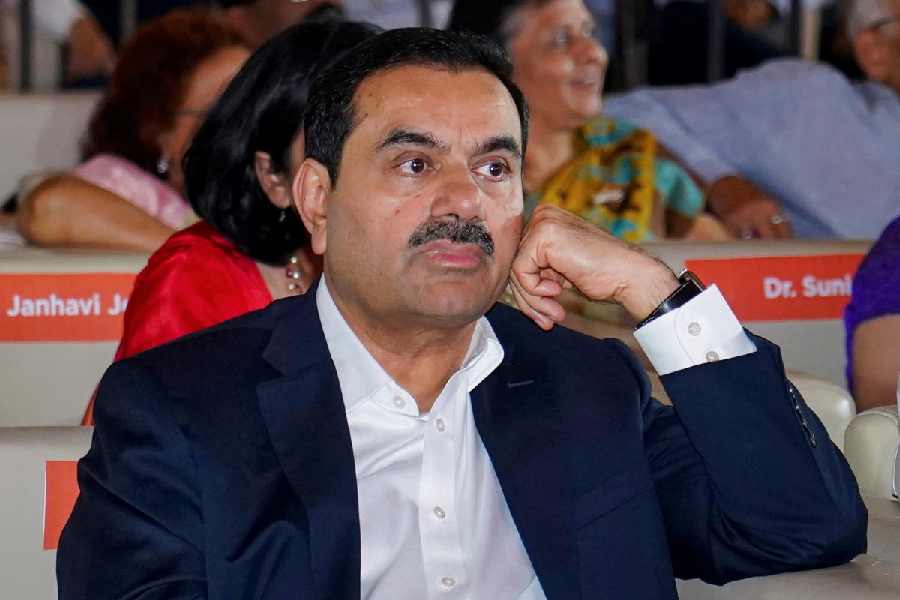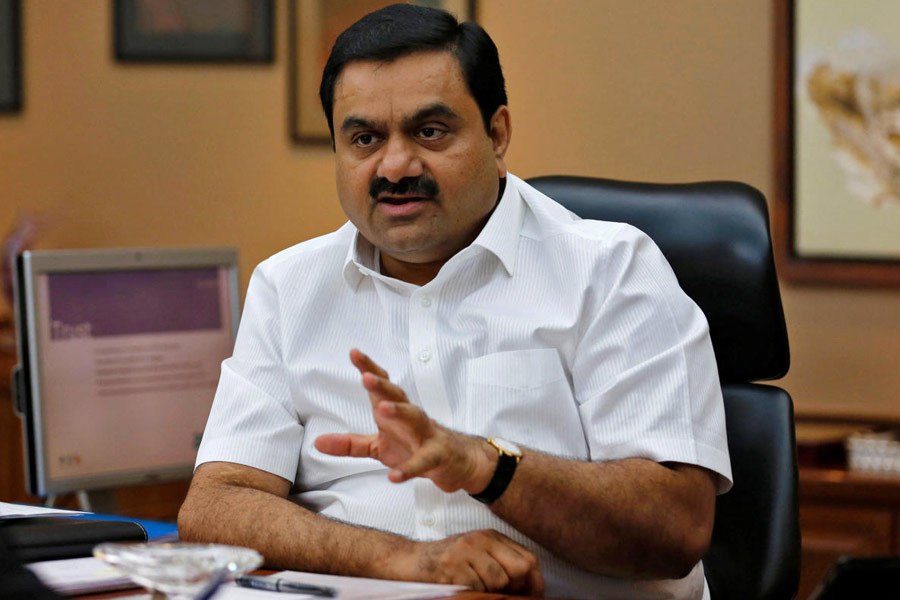Nearly 300 parents and over 100 students marched a distance of over 1km on Friday to the block office in Manika block of Latehar district in Jharkhand protesting against the acute shortage of school teachers.
The march was led by developmental economist Jean Dreze, food security activist James Herenz and social activist Paran Amitava along with other social activists and claimed that 44 per cent of the primary schools in Manika block (one among the nine blocks of the predominantly tribal district of Latehar) are run by only one teacher, a violation of Right To Education Act (2009).
Dreze, while addressing the gathering near the Manika block office, said the right to education is a fundamental right of children, on which there can be no compromise.
“It is a great injustice to the children of Jharkhand that they are sent to such schools. There should be one teacher for every 30 children and at least two teachers in every school, as per the law (RTE Act). We met many children who are in fifth class but are not able to read. It does not mean that the child is unable to learn, but it means that the child has not been taught properly,” said Dreze.
A survey by the activists of Gram Swaraj Mazdoor Sangh, who organised the rally, claimed that along with three middle schools, the total number of single-teacher schools in the block reached 47, as per the Unified District Information System for Education (UDISE-government database about schools in India). Although the Right to Education Act 2009 clearly states that all schools should have a minimum of two teachers.
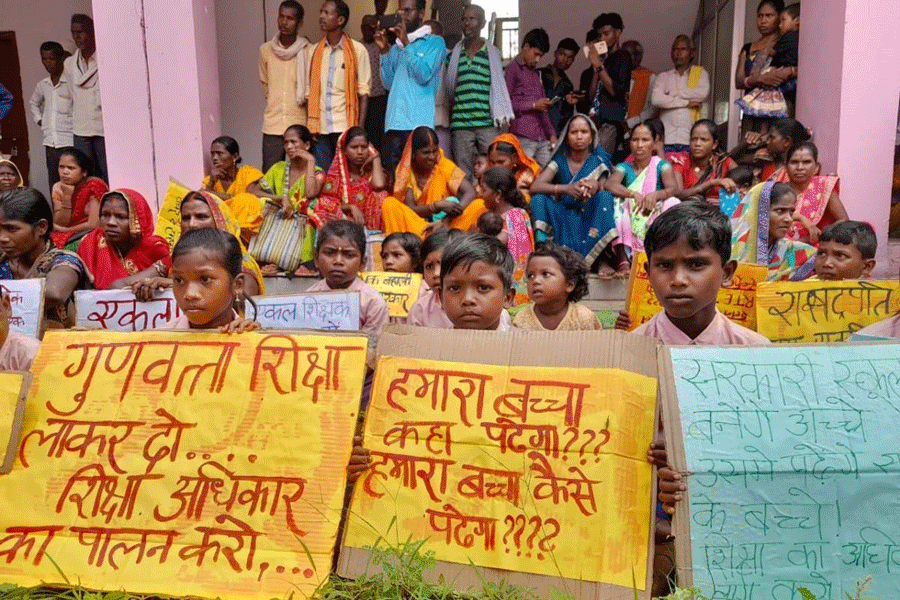
Students take part in the dharna. Bhola Prasad
“Gram Swaraj Mazdoor Sangh along with students, parents and school managing committee members of 12 villages took part in the rally and are demanding compliance of all primary schools with the Right to Education Act.
“At the end we have written an open letter to the Jharkhand chief minister Hemant Soren which will be delivered at his office in Ranchi,” said James Herenz.
James further said that they could not deliver the letter to the Manika block development officer as there was no responsible officer in the office.
“The situation is getting worse year after year as school teachers retire without any new appointments being made. School teachers have not been appointed in Jharkhand since 2016. The latest attempt by the state government to appoint teachers a few months back was stayed by the High Court after Cluster Resource Persons (CRPs) and Block Resource Persons (BRPs) filed a petition demanding a reserved share of teacher appointments,” said James.
Parents claimed that single-teacher schools have almost 50 pupils on average, and some have more than 100.
Three upper-primary schools, with 141 pupils on average, also have a single teacher. Even in schools with more than one teacher, the pupil-teacher ratio is rarely below 30, as prescribed under the Right to Education Act.
“Field visits in the run-up to the dharna revealed a dismal atmosphere in the single-teacher schools. Typically, all the children are herded into a single classroom. Quite often, teaching is reduced to copying exercises, if there is any teaching at all.
“Single teachers are often busy with record-keeping and other non-teaching work,” alleged Paran Amitava, a social activist.

